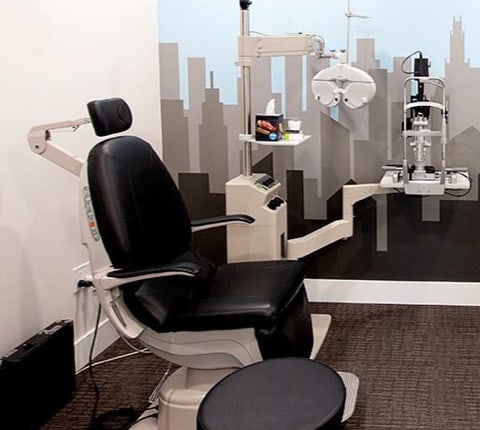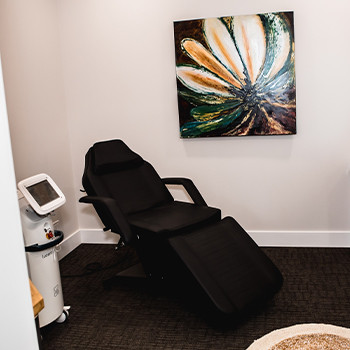A joint statement from the Canadian Association of Optometrists and the Canadian Ophthalmological Society:
0-2 Years: None, with the possible exception of live video chatting w parental support.
2-5 Years: No more than 1 hour per day. Programming should be age-appropriate, educations, high quality, and co-viewed and should be discussed with the child to provide context and help them to apply what they are seeing…
5-18 Years: Ideally no more than 2 hours per day of recreational screen-time. Parents and eye care providers should be aware that children report total screen-time to be much higher (more than 7 hours per day in some studies). This is not unrealistic considering the multitude of device screens children may be exposed to in a day, both at home and at school. Individual screen-time plans for children between the ages of 5-18 should be considered based on their development and needs.
BREAKS… after no more than 60 min of use (after 30 min is encouraged). Breaks should include whole-body activity. The ideal length of break has not been identified.
WORKSTATION ERGONOMICS… Chair heights should be set such that the child’s feet can lay flat on the floor or on a stool underneath the feet to allow for support. Chairs should not have armrests unless they fit the child perfectly. Desks should be at the child’s elbow height or slightly lower. The display should be set in front of the child the top of the display … placed at the child’s eye level, and the child should be allowed to move the screen into a comfortable viewing position. There is no official recommendation regarding a screen’s distance from a child; the computer screen should be placed at arm’s length, and then moved as necessary. External devices such as keyboards should be placed in front of the child, with the mouse close to the keyboard. Workstation lighting should be equal… so that glare and reflections… are minimized.
The use of screens within one hour before bedtime should be avoided. Screens in the bedroom are not recommended.
Outdoor activity should be encouraged over screen time
Children may or may not complain of electronic screen-associated discomfort. Regular eye exams which assess a child’s ability to cope with visual demands and offer treatments for deficiencies… are recommended.
For more information or to book an eye exam, call us.
20/20 Vision Care, Doctors of Optometry
(Article from the Canadian Association of Optometrists and the Canadian Ophthalmological Society.)


































